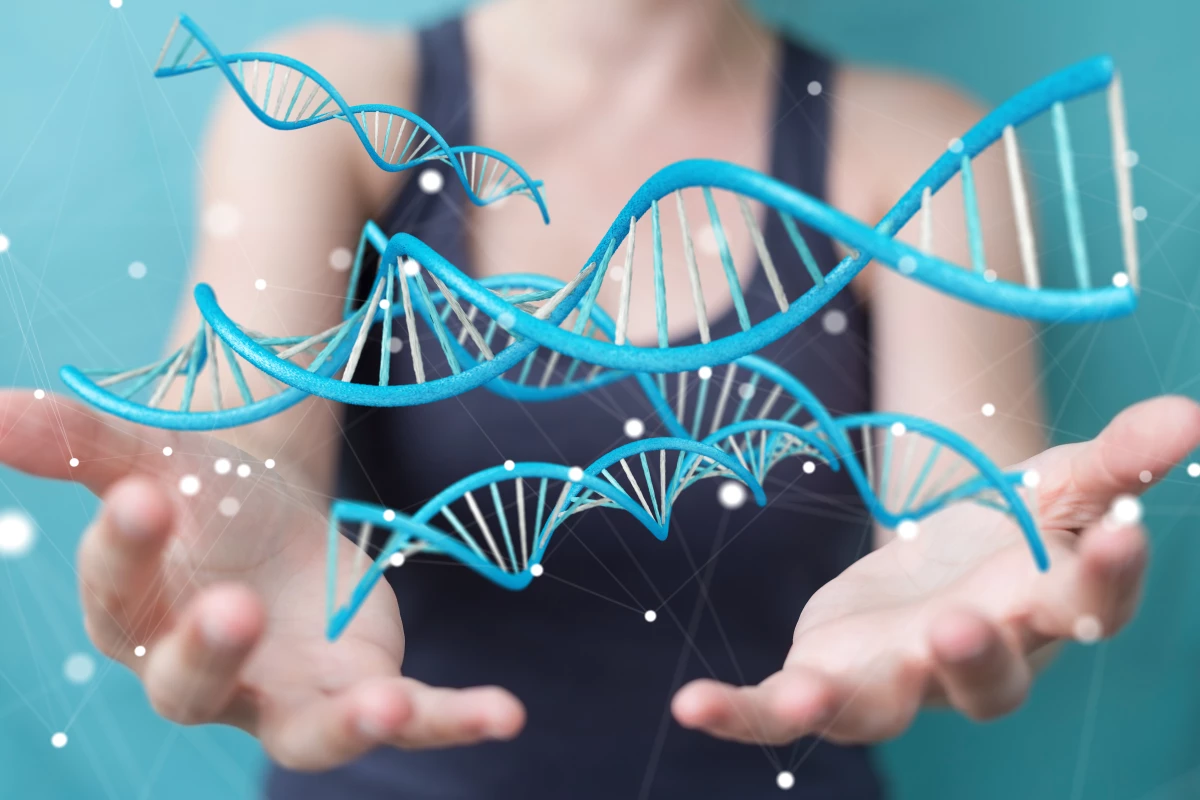An estimated 190 million of women around the world suffer from endometriosis, yet the debilitating condition has no cure, and its broad cache of symptoms has seen it take on average around eight years to even be diagnosed, let alone treated.
Now, in the largest study of its kind, the genomes of 60,674 of those suffering from endometriosis across 25 datasets have been analyzed alongside the genetic maps of 701,926 women and girls of reproductive age without the condition. The study was able to identify 42 common regions linked to the condition, more than double what was previously known.
“Using different datasets of women with and without endometriosis, some of which had unprecedented detailed data on surgical findings and pain experience collected using standardized criteria, allowed us to generate a treasure trove of new information about genetically driven endometriosis subtypes and pain experience,” said Nilufer Rahmioglu, senior researcher at the University of Oxford and lead author of the study.
What’s more, the study uncovered a shared genetic basis for sufferers to also be more susceptible to other types of chronic pain unrelated to endometriosis, including migraine, back pain and multi-site conditions.
“Very little is known about the causes of endometriosis, but studying genetics can give us clues to the biological processes that are the basis for onset and progression,” said Sally Mortlock, from University of Queensland’s Institute for Molecular Bioscience in Australia, a collaborator on the study. “Before this study there were 17 genetic regions associated with endometriosis and now we have 42 regions with much richer data.
“It means we can find out what genes in these regions do and find new drug targets, leading to new treatments,” she added.
The 42 regions showed genetic variants that increase the risk of endometriosis, so it opens the door for better targeted therapies that address different subtypes of the disease. While the condition is characterized by the presence of tissue that resembles uterine lining outside of the uterus, the location of these deposits varies greatly, as do the symptoms associated with them. Chronic and intensive pelvic pain, fatigue, depression, anxiety, nausea and infertility are just some of the huge range of symptoms sufferers experience.
Because of how many ways it presents in symptoms, as well as systemic issues surrounding its seriousness, endometriosis has been notoriously slow to be diagnosed. Having a much clearer genetic map of the condition promises to speed up the diagnostic process, as well as open the door for less invasive procedures and the development of non-hormonal treatment and pain-relief therapies.
“Endometriosis is now recognized as a major health issue affecting women’s lives,” said Krina Zondervan, professor at the University of Oxford and senior author of the study. “It has provided a wealth of new knowledge on the genetics underlying endometriosis, which will help the research community in their efforts to come up with new treatments and possibly new ways of diagnosing the disease benefiting millions of women worldwide.”
The research was published in the journal Nature Genetics.
Source: University of Oxford





